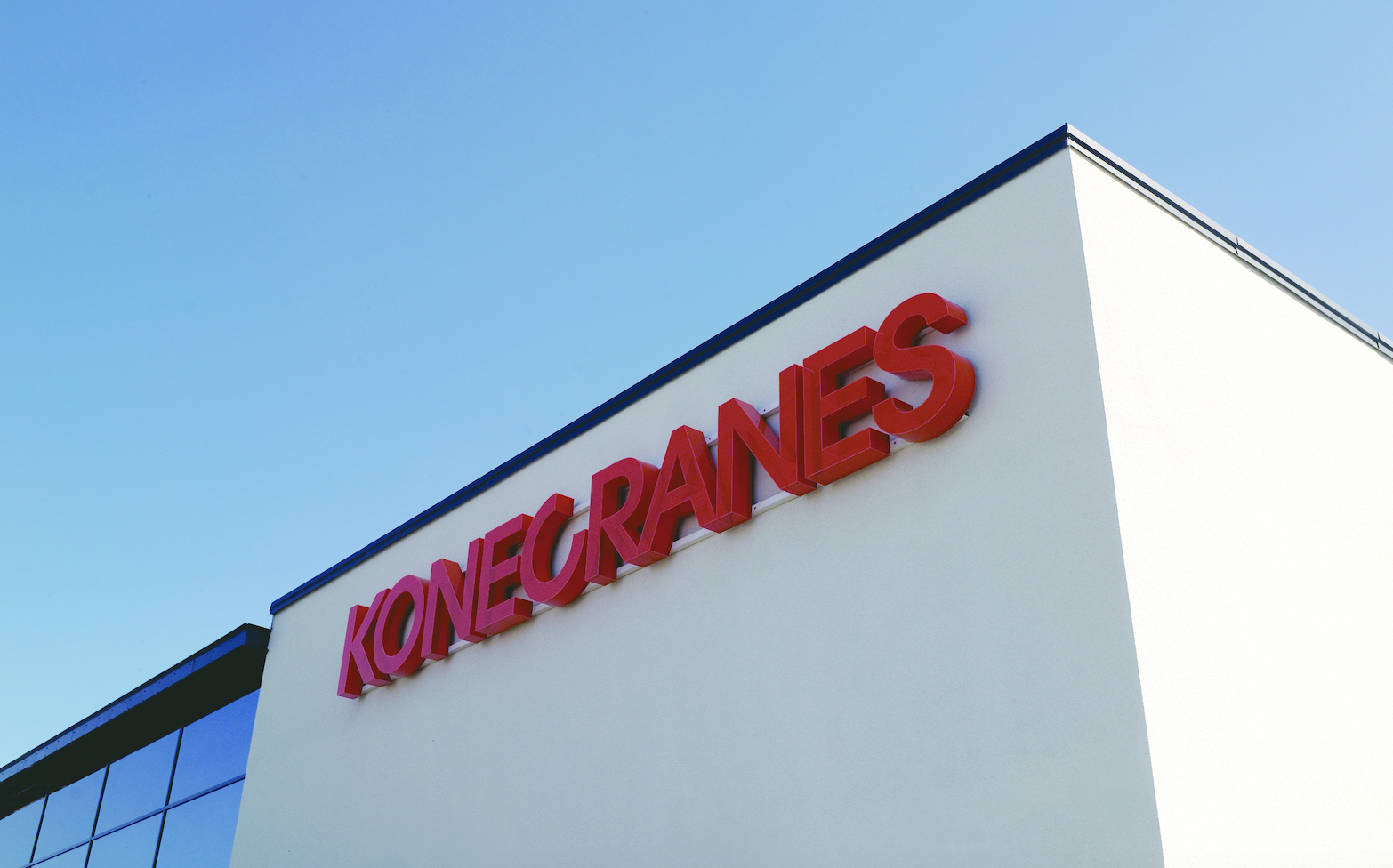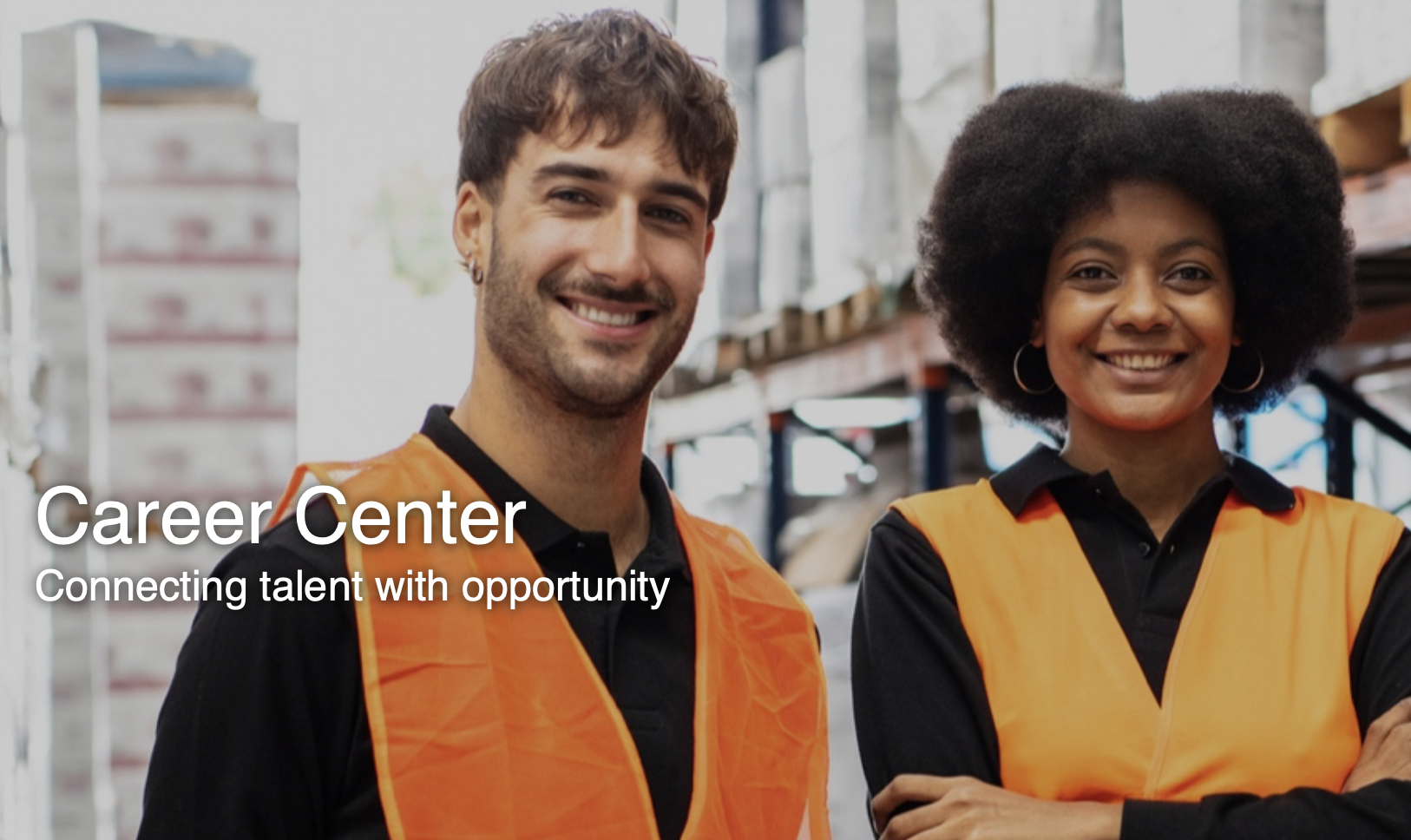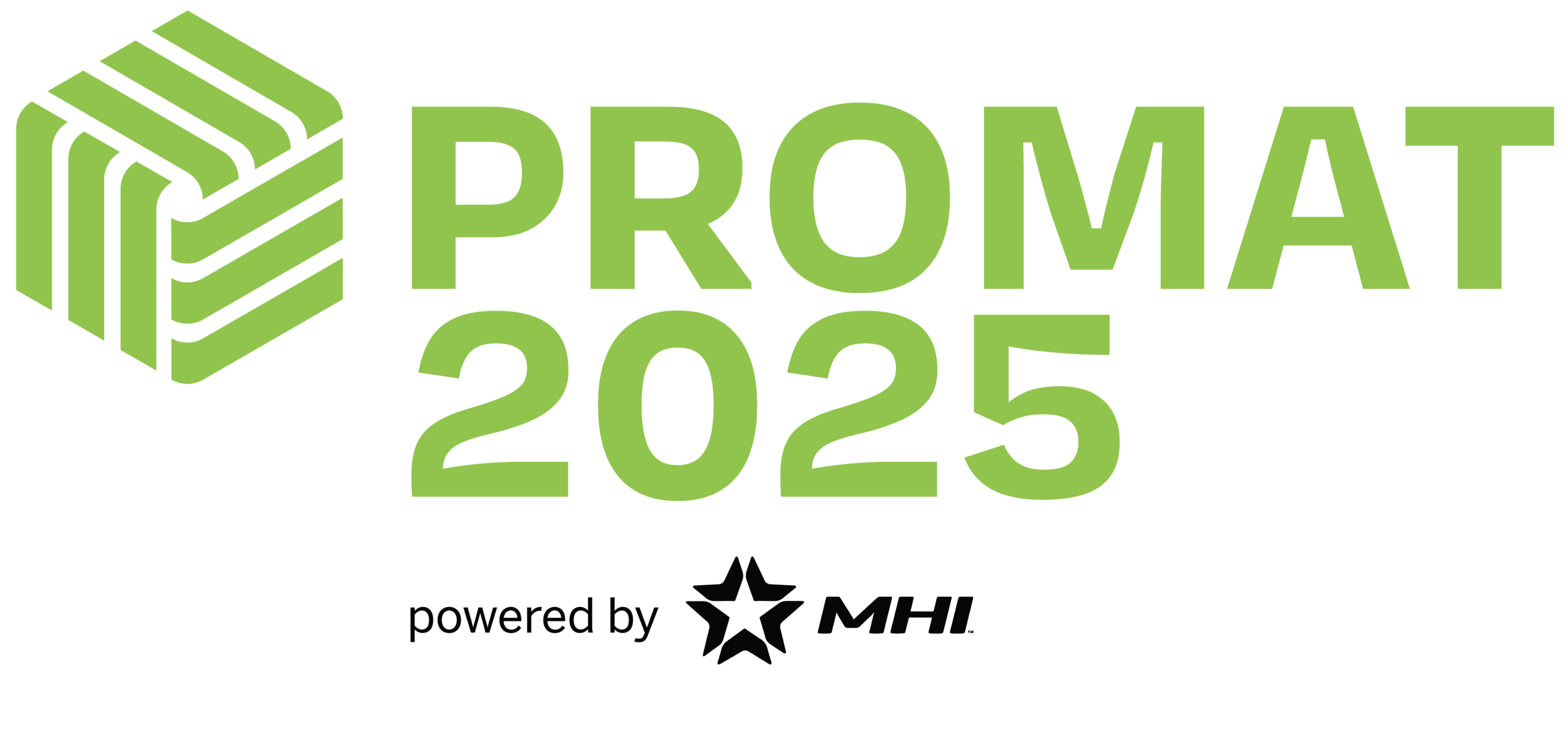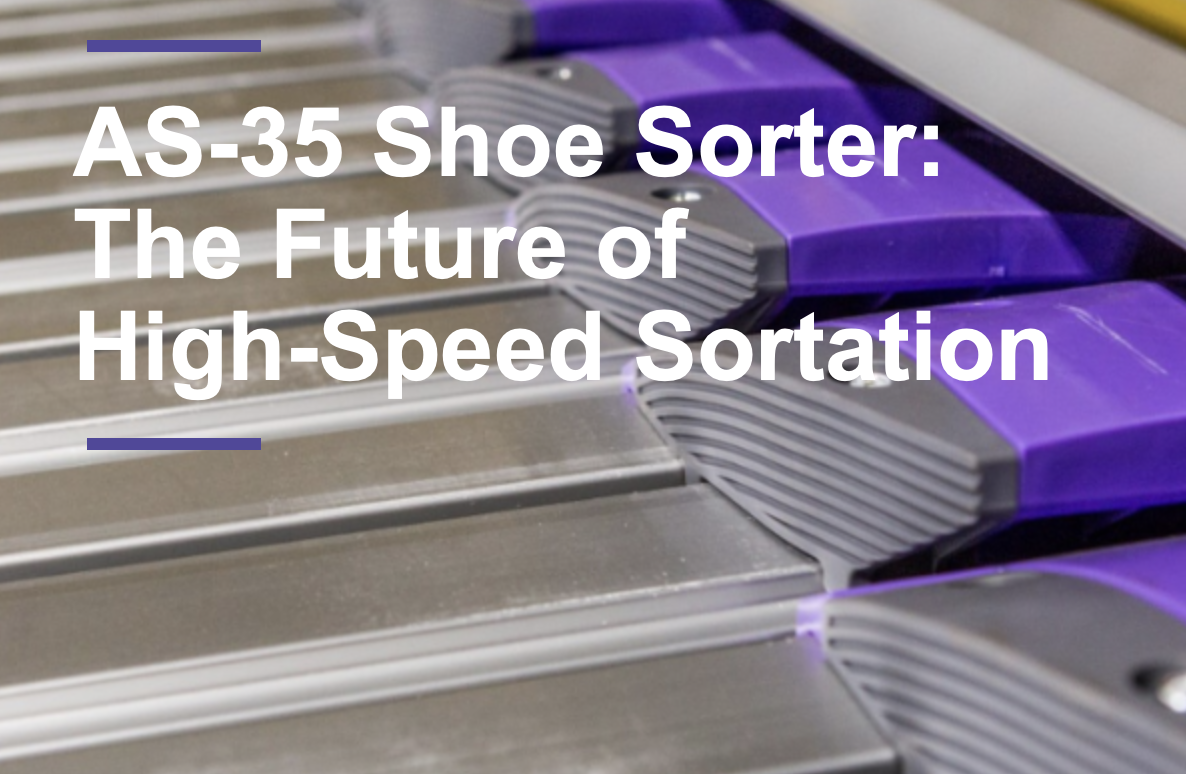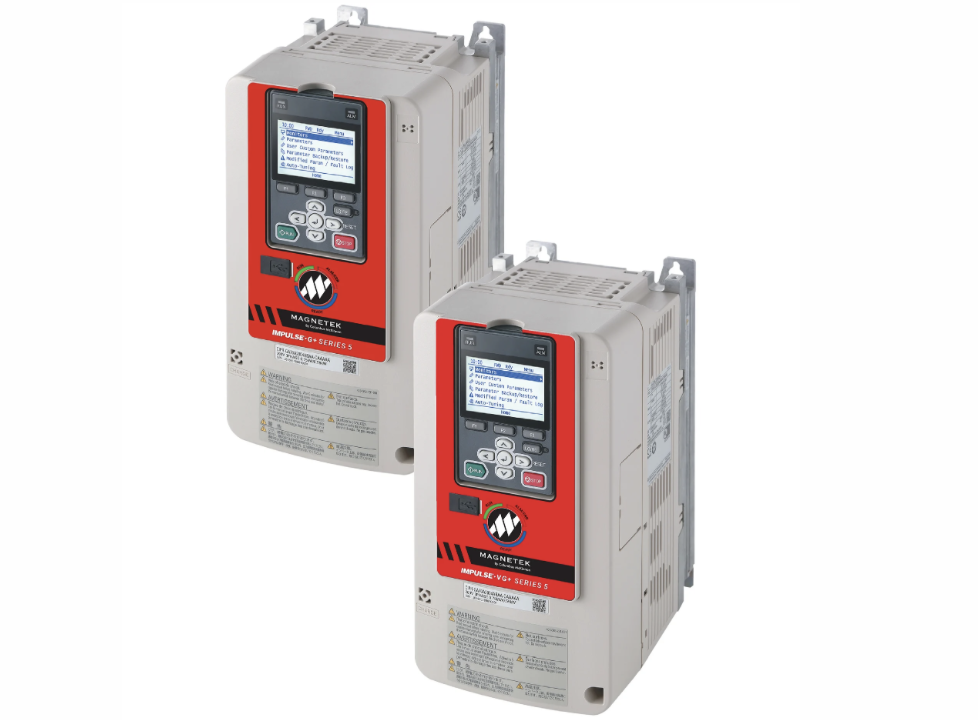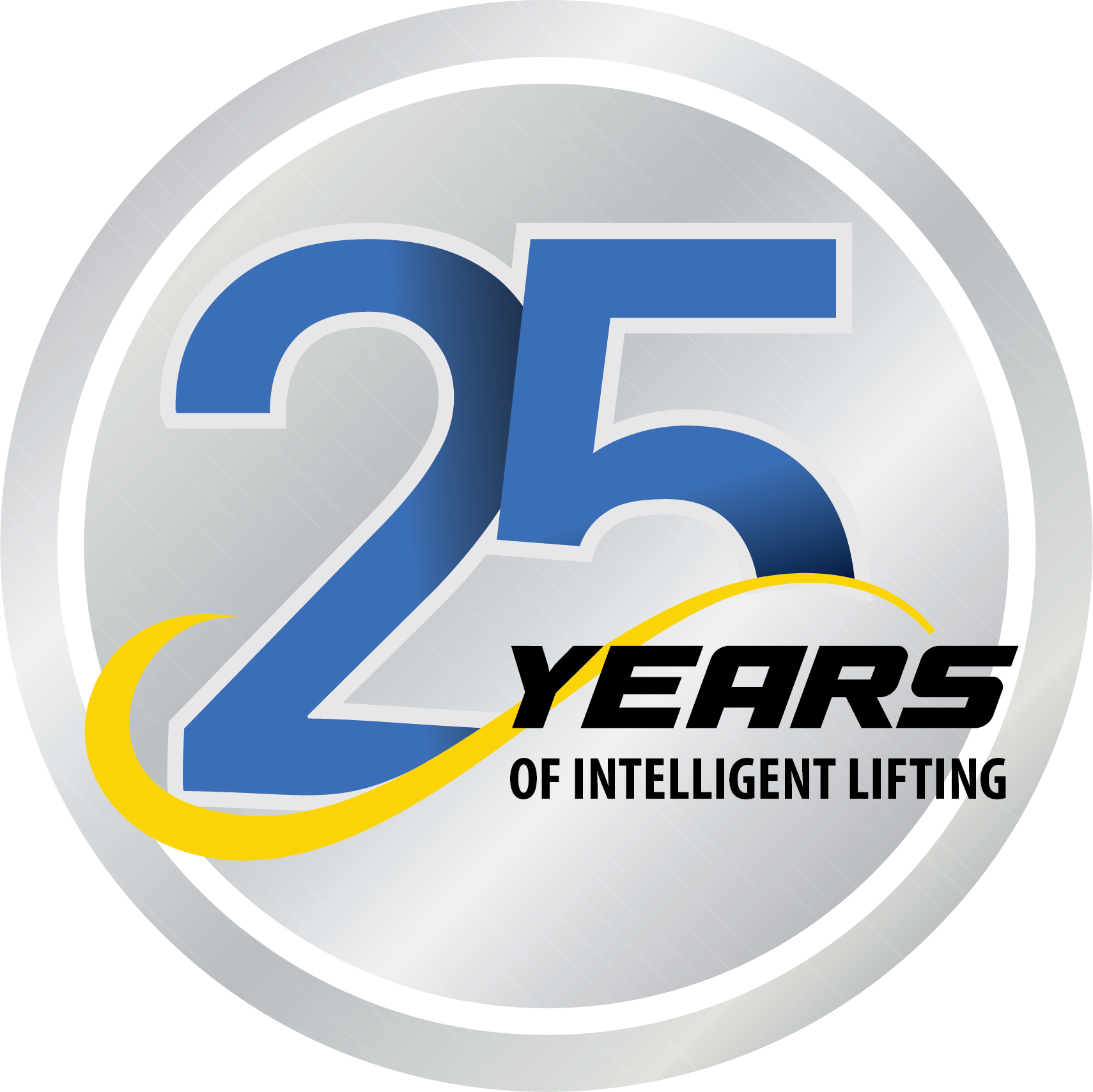Cranes for Hybar
Konecranes will provide 16 cranes to Hybar, an environmentally sustainable scrap metal recycling and steel production company in the United States.
These cranes, including ladle, charge, rolling mill, and shipping bay cranes, will be instrumental in supporting Hybar’s steel rebar production. The order was won in September 2023, with deliveries scheduled in 2024 and early 2025.
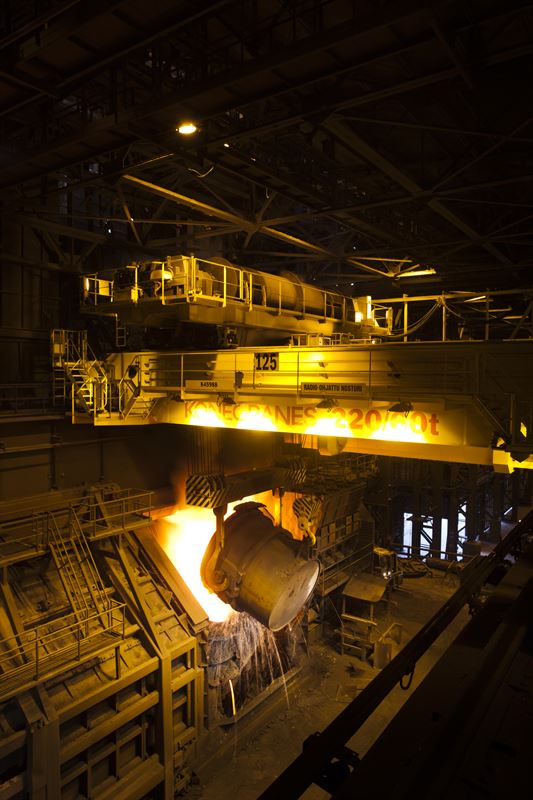
A Konecranes ladle crane in action.
Hybar’s first mill is currently being built to produce a full complement of high-yielding rebar for large industrial projects. Once operational, Hybar expects its greenhouse gas emissions to be the lowest among all North American steel producers, and likely the lowest in the world’s steel making community.
Furthermore, it will be directly connected to an adjacent solar panel field to tap renewable energy. For this transformative initiative, Konecranes will deliver a diverse array of heavy-duty cranes that are engineered to withstand challenging conditions including high temperatures and dust.
The cranes offer unique features and technology tailored to Hybar’s specific needs. For example, two shipping cranes are equipped with specialized magnets for the efficient handling of spooled rebar coils and long flat bundles, and two ladle/charge cranes come equipped with operator cabins designed for optimal visibility, ensuring safe and precise handling of molten metal.
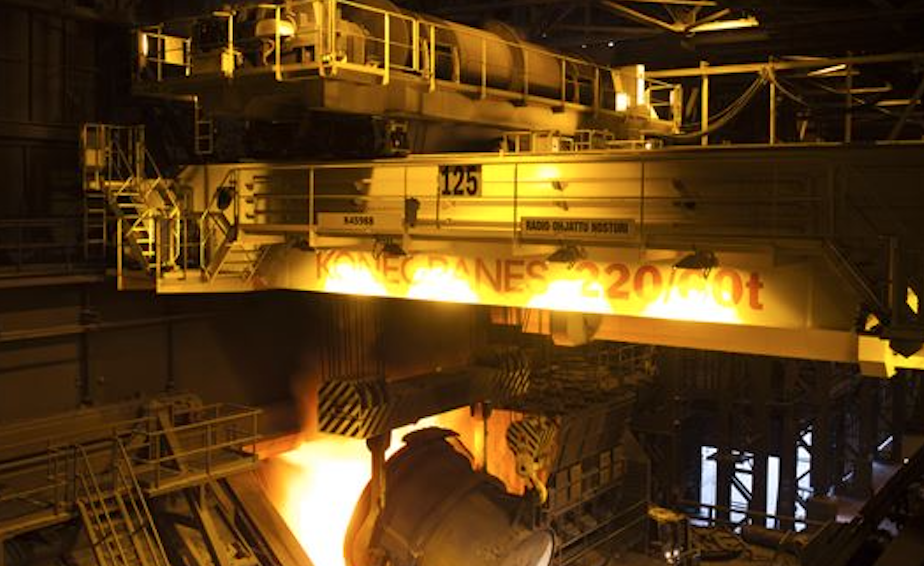
The cranes offer unique features and technology tailored to Hybar’s specific needs.
“The team at Konecranes understands the complexities of moving steel,” said Ari Levy, Hybar’s Chief Financial Officer.
“They also share our dedication to operational efficiency, environmental stewardship and, above all else, safety.”
“Hybar’s commitment to reducing carbon emissions aligns very well with our sustainability approach, which makes this order for high-quality steel mill cranes that support Hybar’s financial and environmental initiatives a perfect fit for both companies,” said Juergen Gieske, VP of Process Cranes Sales, AME, Konecranes.
A strong focus on customers and commitment to business growth and continuous improvement make Konecranes a lifting industry leader. This is underpinned by investments in digitalization and technology, plus our work to make material flows more efficient with solutions that decarbonize the economy and advance circularity and safety.


